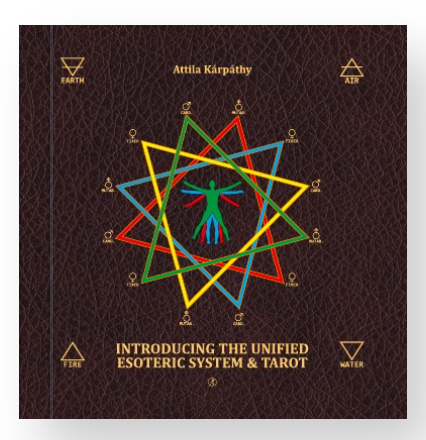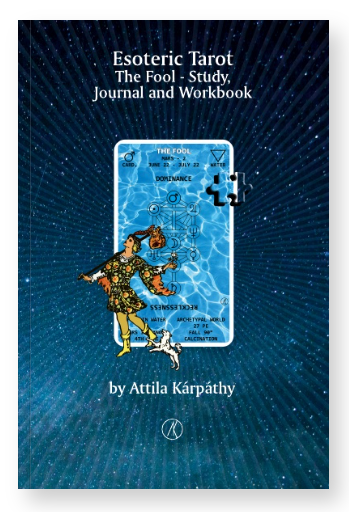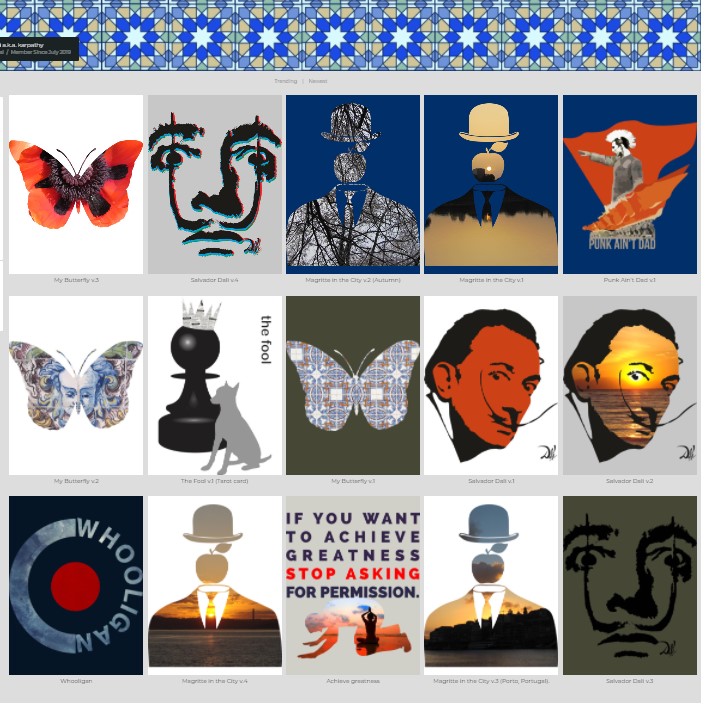 In 1992, Eno talking about his interference with Roxy Music and his musical career, said: “As a result of going into a subway station and meeting saxophonist Andy Mackay, I joined Roxy Music, and, as a result of that, I have a career in music. If I’d walked ten yards farther, on the platform, or missed that train, or been in the next carriage, I probably would have been an art teacher now”. In life turning on a particular point to left or to right, sometimes makes the difference. Eno took the right turn and went on his own way. He didn’t get along with Bryan Ferry, he quit the band on completing the promotion tour for the band’s second album, “For Your Pleasure” in 1973, but he becomes an important musician, composer, record producer, music theorist, singer and visual artist, known as one of the principal innovators of ambient music.
In 1992, Eno talking about his interference with Roxy Music and his musical career, said: “As a result of going into a subway station and meeting saxophonist Andy Mackay, I joined Roxy Music, and, as a result of that, I have a career in music. If I’d walked ten yards farther, on the platform, or missed that train, or been in the next carriage, I probably would have been an art teacher now”. In life turning on a particular point to left or to right, sometimes makes the difference. Eno took the right turn and went on his own way. He didn’t get along with Bryan Ferry, he quit the band on completing the promotion tour for the band’s second album, “For Your Pleasure” in 1973, but he becomes an important musician, composer, record producer, music theorist, singer and visual artist, known as one of the principal innovators of ambient music.
Eno’s solo work has been extremely influential, pioneering ambient and generative music, innovating production techniques, and emphasizing “theory over practice”.He also introduced the concept of chance music to popular audiences partly through collaborations with other musicians.By the end of the 1970s, Eno had worked with David Bowie on the seminal “Berlin Trilogy,” helped popularise the American punk rock band Devo and the punk-influenced “No Wave” genre, and worked frequently with Harold Budd, John Cale, Cluster, Robert Fripp and David Byrne, with whom he produced the influential “My Life in the Bush of Ghosts” in 1981. He produced and performed on three albums by Talking Heads, including “Remain in Light” in 1980 and produced seven albums for U2, including the famous “The Joshua Tree” (1987), and worked on records by James, Laurie Anderson, Coldplay, Depeche Mode, Paul Simon, Grace Jones and Slowdive, among many others. Read more Brian Eno with Rick Holland – Drums Between The Bells (2011)







